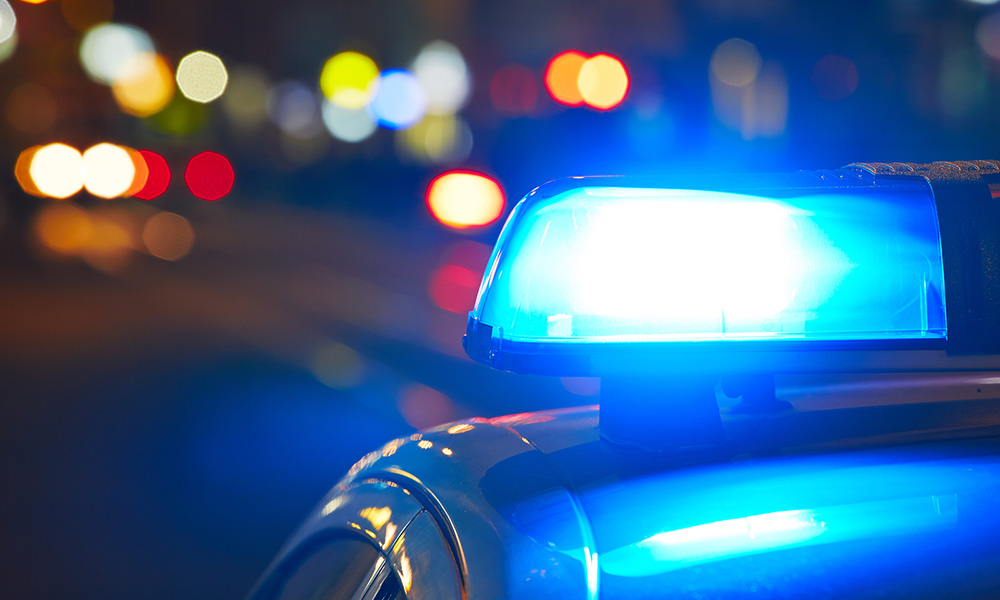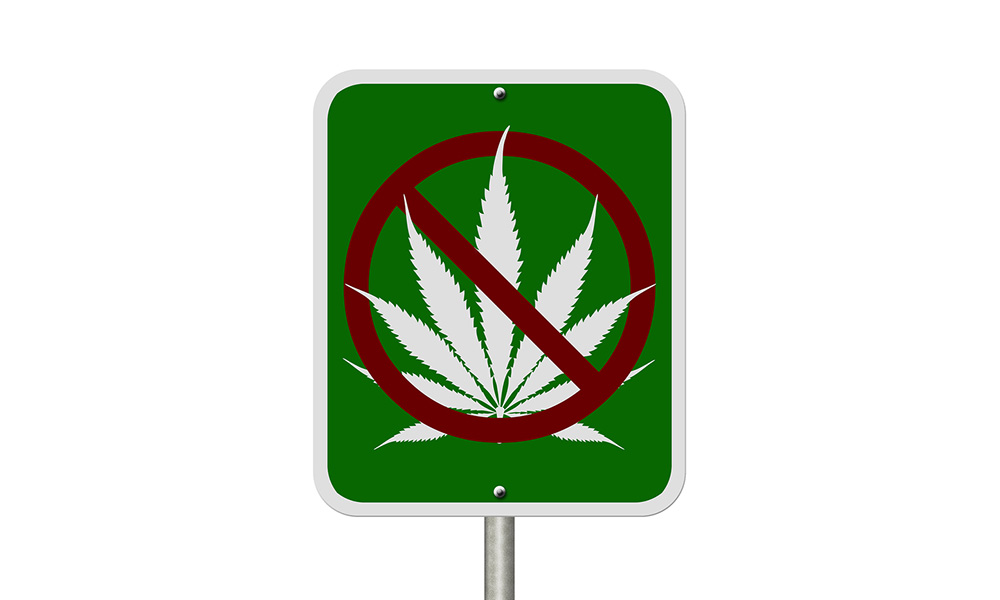Some of the people who are sitting in a jail in the state of New York have not been convicted of a crime. They are supposed to be presumed innocent until proven guilty.
In fact, on an average night, almost four thousand people in the jails in New York City are there because they are awaiting trial, and they can’t pay the cash bail they need to be released.
New York City is trying to reform its bail system – to eliminate cash bail and what some would call the unconstitutional treatment of criminal defendants who’ve been convicted of nothing.
If you’re arrested and charged with a crime in New York City, here’s what you need to know.
WHAT ARE THE FACTS ABOUT DEFENDANTS AND BAIL IN NEW YORK CITY?
Nearly three out of four people in New York City jails have not been convicted of any crime.
In 2014, according to the nonprofit Center for Court Innovation, fewer than fourteen percent of the defendants who had bail set in New York City were able to pay the bail amount set by a judge.
Many of us learned how broken New York’s bail system is in 2015, when a young man named Kalief Browder killed himself after being held at Rikers – for three years – because he could not afford to pay bail.
Jailing those who cannot pay bail costs New York City an estimated $100 million every year.
WHAT CAN HAPPEN TO THOSE AWAITING TRIAL?
These defendants, convicted of no crime whatsoever, miss work, sometimes lose their jobs, and must find ways to care for their children or other dependent family members.
However, New York City is trying to reform a bail system that is largely controlled by the state government in Albany.
Opponents of cash bail say that everyone, no matter how serious the charge, deserves the same presumption of innocence. But current bail practices don’t presume a defendant’s innocence.
The cash bail system not only puts people who are supposed to be presumed innocent behind bars. It may also be why so many criminal defendants in New York City enter guilty pleas.
WHO CURRENTLY HELPS THOSE WHO CAN’T AFFORD BAIL?
The Brooklyn Community Bail Fund tells us that criminal defendants in New York City are nine times more likely to plead guilty to a criminal charge if they cannot afford bail.
For now, bail for some low-income defendants who are charged with misdemeanors is being paid by several non-profit groups such as the Liberty Fund, the Brooklyn Community Bail Fund, and the Bronx Freedom Fund.
However, since its start in August 2017, the Liberty Fund has posted bail for fewer than a hundred people. These charitable funds, unlike the bail bond industry, don’t charge defendants to post their bail.
New York City has also expanded a supervised plan that lets defendants check in with community programs — by phone and in person — before their trials.
About seven thousand defendants have been released with supervision over the last two years.
But defendants charged with domestic violence do not qualify for supervised release, and every supervised release requires a prosecutor’s approval.
HOW FREQUENTLY IS BAIL REQUIRED IN NEW YORK CITY?
Manhattan and Brooklyn prosecutors announced that they will stop requiring bail for low-level offenses – but cash bail is already rarely used in such cases.
Bail is set in about two percent of the city’s pot possession cases and in about four percent of the city’s turnstile jumping cases.
For third-degree assault, bail is only set in about 14 percent of the cases. And bail is set for only one of every three defendants charged with violating a restraining order.
IS THERE OPPOSITION TO BAIL REFORM?
Not everyone in New York, however, is on board with the movement to eliminate the cash bail system. Jeff Clayton, of the American Bail Coalition, told National Public Radio that reform is needed, but eliminating cash bail is extreme.
Brooklyn District Attorney Eric Gonzalez agrees that there are good reasons to impose bail on defendants accused of more serious crimes.
“In Brooklyn, 44 percent of the cases we ask for bail on are domestic violence cases and sex crimes cases,” he said. Queens District Attorney Richard Brown takes a similar position.
WHAT IS CONSIDERED WHEN A BAIL AMOUNT IS SET?
New York is one of the few states that ostensibly set bail amounts based on a defendant’s risk of flight. Judges are also supposed to consider a defendant’s finances when setting a bail amount.
In fact, when setting a bail amount, a New York judge will review the details of the alleged crime, the suspect’s criminal history, the public’s safety, and the chances that the defendant, if released on bail, will appear or fail to appear in court as scheduled.
Prosecutors use bail as leverage in plea agreements, so it’s a tool that some prosecutors are reticent to abandon.
Supporters of the current system insist that any major changes to the bail system will cost New York taxpayers millions of dollars.
WHAT WILL REAL CHANGES TO NEW YORK’S BAIL SYSTEM REQUIRE?
And the city can’t do it alone. The power to make legal changes to the bail system rests only in Albany.
New York State Senator Michael Gianaris has proposed legislation in Albany to abolish cash bail, but he isn’t optimistic about its chances. Opposition, he says, comes “from communities that don’t have as much experience with criminal justice.”
Alex Crohn, general counsel at the Mayor’s Office of Criminal Justice, explains, “Cities don’t normally have laws that govern what pre-trial justice can look like, so our hands are tied a bit.”
While cash bail in New York and New York City may not be entirely abolished, it will very likely become quite rare in the future.
WHERE SHOULD YOU TURN IF YOU’RE ACCUSED OF A CRIME?
Of course, no matter what happens to the bail system, if you are charged with a crime on Long Island or in New York City, you are still going to need the advice and representation of an experienced criminal defense attorney.
If you are charged with a crime anywhere in our state, you have the right to an attorney. Do not try to act as your own defense attorney. Your freedom and your future will be at stake.
If you’re charged with a crime, a Long Island criminal defense attorney can help. Make the call as quickly as possible if you are arrested for any crime anywhere in the state of New York.















Comments are closed.